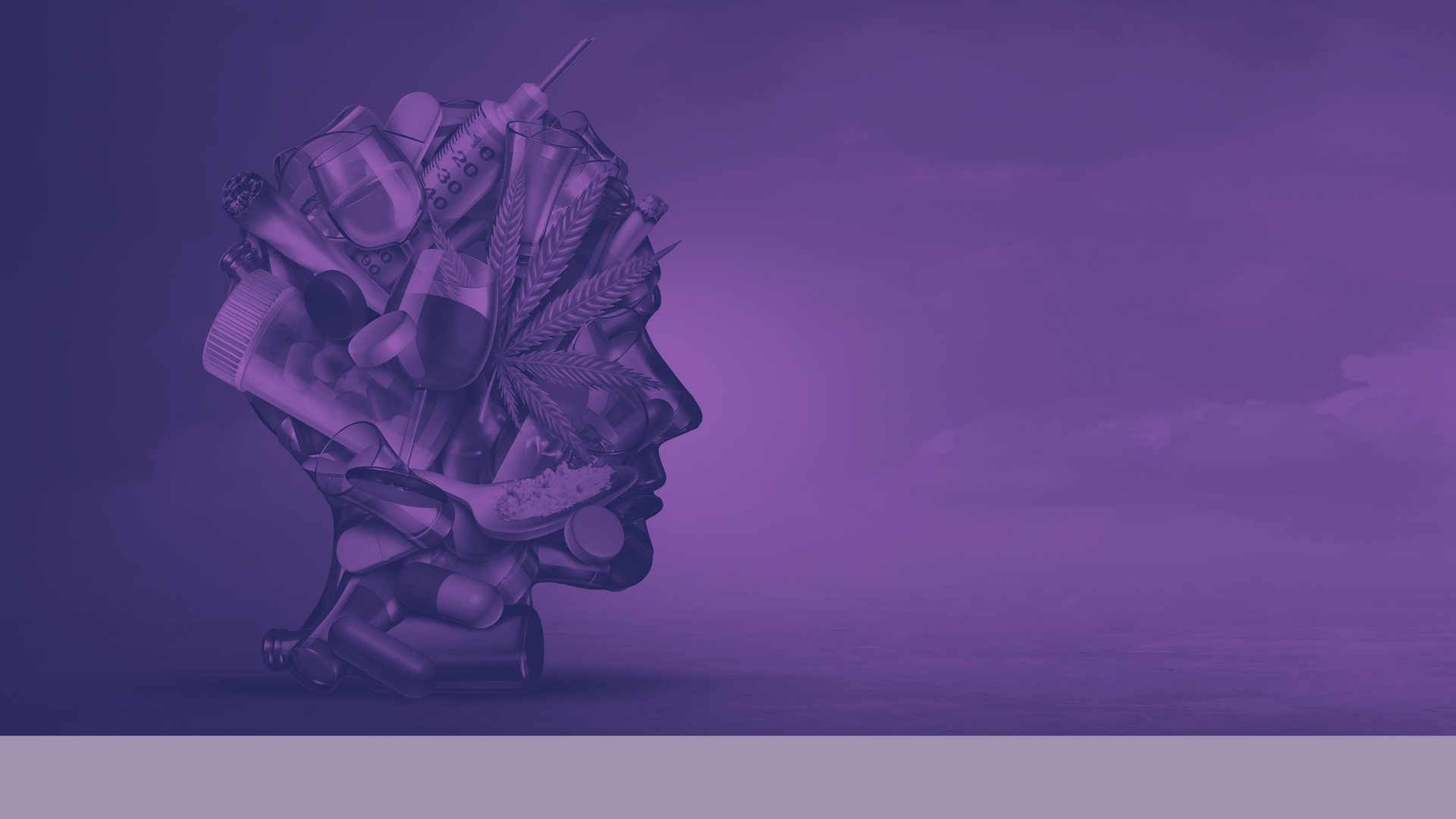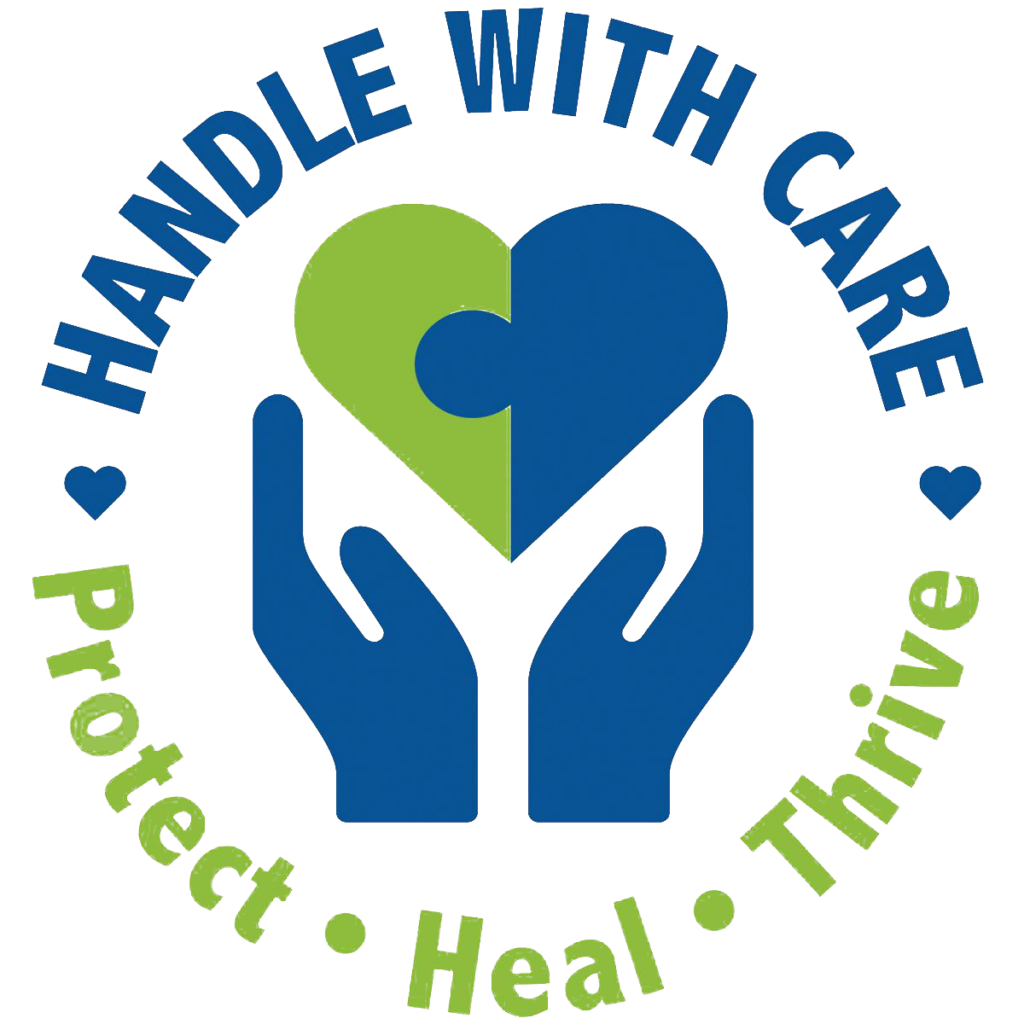About Drug Addiction and Drug Abuse

About Drug Addiction and Drug Abuse
Both drug abuse and drug addiction can lead to many health problems. These problems vary, depending on the type of drug abused. In general, these are the effects:
- Drug abuse weakens your immune system. This makes it harder to fight off infection.
- People who abuse drugs often engage in risky behaviors. These include unsafe sex and sharing of needles. This makes them more likely to get sexually transmitted diseases like HIV and hepatitis.
- Abusing drugs can affect the way your heart works. It can raise your risk for heart attack.
- Certain drugs can harm the kidneys. Other drugs can harm the liver. These include heroin, inhalants, and steroids.
- All drugs that are abused affect the brain. This is because they cause a pleasurable or euphoric effect. Some drugs damage the brain or cause strokes or seizures. Drug abuse can affect memory and attention and can affect decision-making. Over time, the damage to the brain can result in paranoia, depression, and aggression.
- People who abuse steroids for bodybuilding or athletic performance have problems related to sex hormones. For men, infertility and shrinking of the testicles occur. Women’s bodies become more masculine.
- Pregnant women who abuse drugs affect the health of the developing child. Drug abuse may cause miscarriage, preterm birth, and low birth weight. As the child grows up, he may have problems with behavior or learning.
Drug abuse and drug dependence also have a large impact on society:
- More than half of the estimated cost of drug abuse is tied to drug-related crime. This includes the impact on victims of crime, the cost of police and prison services, and loss of a legitimate contribution to society by engaging in a life of crime.
- Substance abuse treatment and prevention programs, and medical care needed for health problems tied to drug abuse are additional costs.
- A teenager who abuses drugs may have problems finishing school.
- An adult who abuses drugs may have difficulty keeping a job or helping to provide for a family.
- An older adult who abuses drugs may be more likely to be misdiagnosed with dementia or depression.

